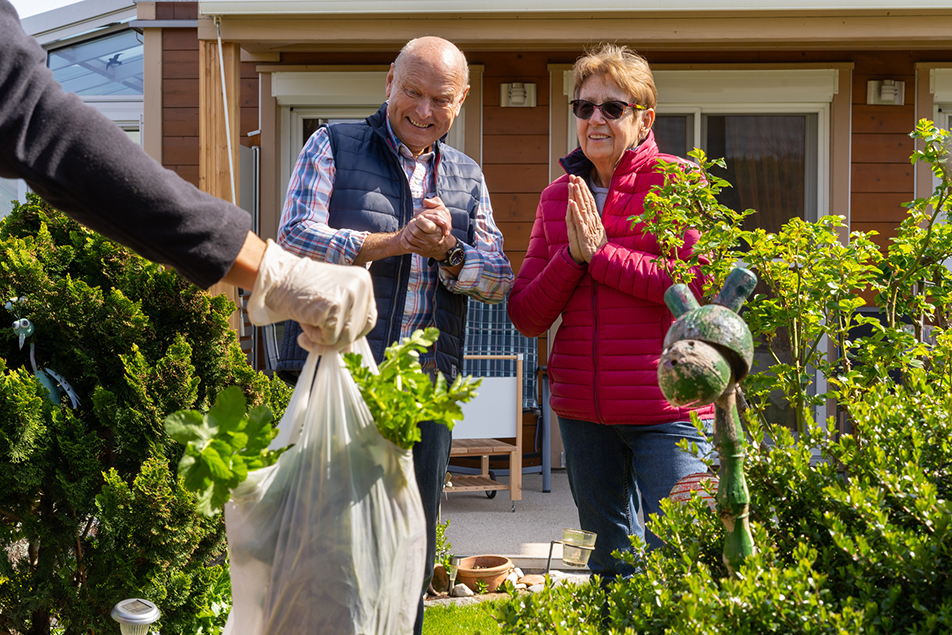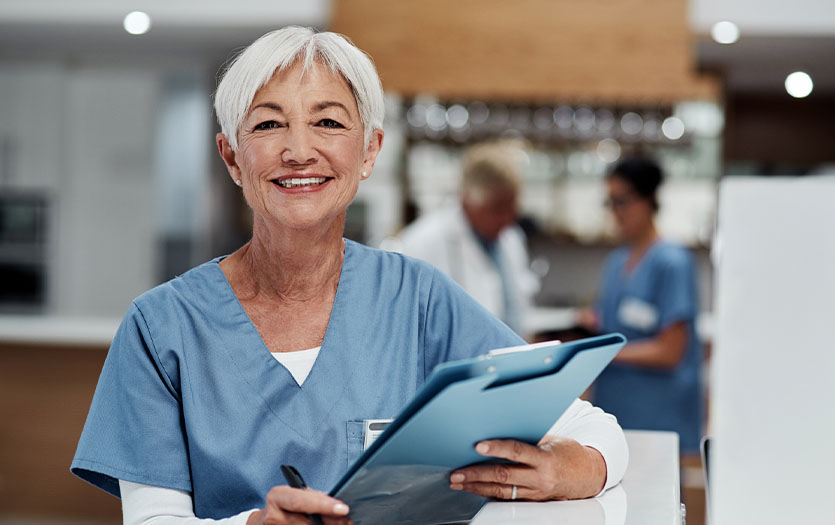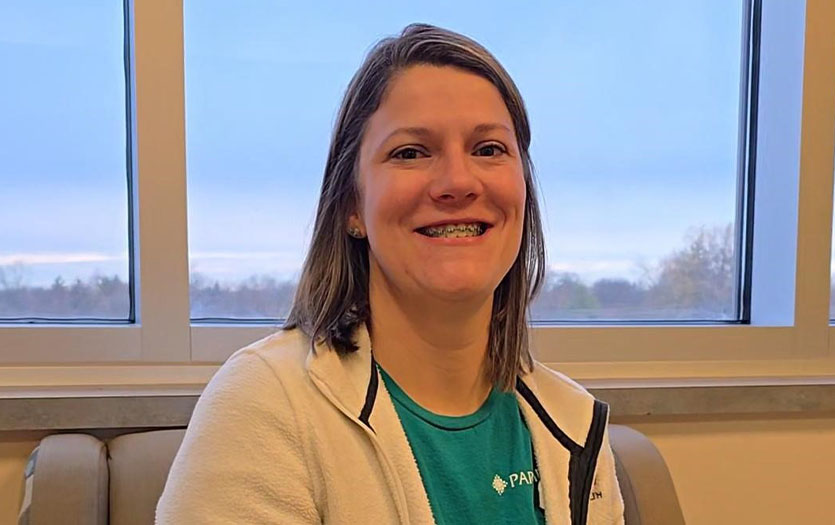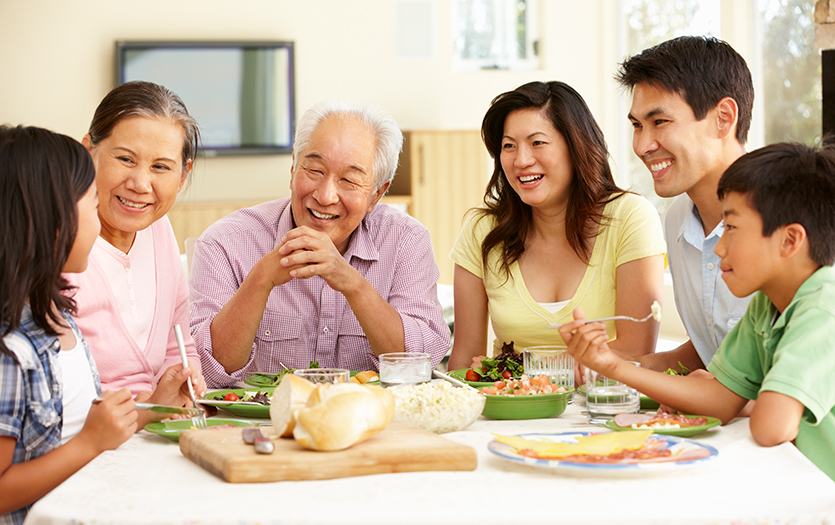
As COVID-19 continues to spread, touching those in our community and across the globe, it’s no surprise that many are struggling with their health and finances. However, because well-being and prosperity often coincide with one another, some populations could be hit harder than others. Sarah Giaquinta, MD, MPH, Vice President of Community Health, Parkview Health, takes a closer look at the effect the current pandemic is having on certain populations and ways in which the community is stepping up to help bridge the gap.
Who is feeling the impact of COVID-19?
I think it’s safe to say that we are all feeling the impact of COVID-19. Unlike anything I have ever experienced before, people from all walks of life are being impacted, either financially, socially or physically by this virus. It has dramatically changed our ability to live our lives and has introduced a level of fear and anxiety that many have never experienced.
Are certain populations being hit harder than others during this pandemic?
It’s likely not a surprise to anyone reading this, but there are many populations that have been hit considerably harder with COVID-19. From a medical perspective, older adults or adults with underlying health conditions have gotten much sicker from COVID-19 than younger, healthy adults. According to the Indiana state data, nearly 90% of deaths due to COVID-19 infection have occurred in adults 60 and older.
Some adults and families living in northeast Indiana have certainly been hit harder from an economic perspective by the COVID-19 pandemic. We have so many people living paycheck to paycheck in this community, and COVID-19 has limited their ability to work. Households that fall into this category are frequently referred to as ALICE households or families, which stands for asset-limited, income constrained, employed. Many ALICE workers are employed in the service industry, which has been hit hard by this pandemic. It’s so much harder to stay healthy when you’re struggling financially or facing a loss of insurance.
Additionally, within Indiana and across the United States, black residents are dying at disproportionately higher rates. Data unrelated to COVID-19 shows that black adults are more likely to have high blood pressure, diabetes, and heart disease, thus putting them at a higher risk of getting sicker from coronavirus. In many ways, this pandemic is highlighting the health disparities that exist between races in this county, and it has reinforced the importance of clinical programs that focus on improving health and preventing chronic disease within our minority communities.
Are there any resources or community assistance available for those struggling?
Yes! This community has come together in so many ways to support our most vulnerable. Restaurants and local school systems are handing out meals to families that are struggling to make ends meet, food pantries are still operating and working to meet increased demand, and area foundations have banned together to support the United Way Emergency Relief Fund to support partner agencies as they work to meet the increasing number of needs in our community. Several other community entities are showing their support by doing the following:
- Lutheran Social Services: They have put together a comprehensive list of resources for community members in need of assistance.
- Utility companies: Many in Allen County are suspending shut-offs for nonpayment.
- Local churches: They are doing so much to contribute and promote the wellness of our residents as well. For example, Trinity Lutheran Church is holding a remote Yoga class via zoom every week.
- YMCA of Great Fort Wayne and Love Ministries: They are both providing emergency childcare services at 3 different sites in Allen County for healthcare workers.
- Comcast: They are working to connect low-income families to the internet at home.
- Parkview community health workers: They are delivering formula and other necessary supplies to local mothers in need.



